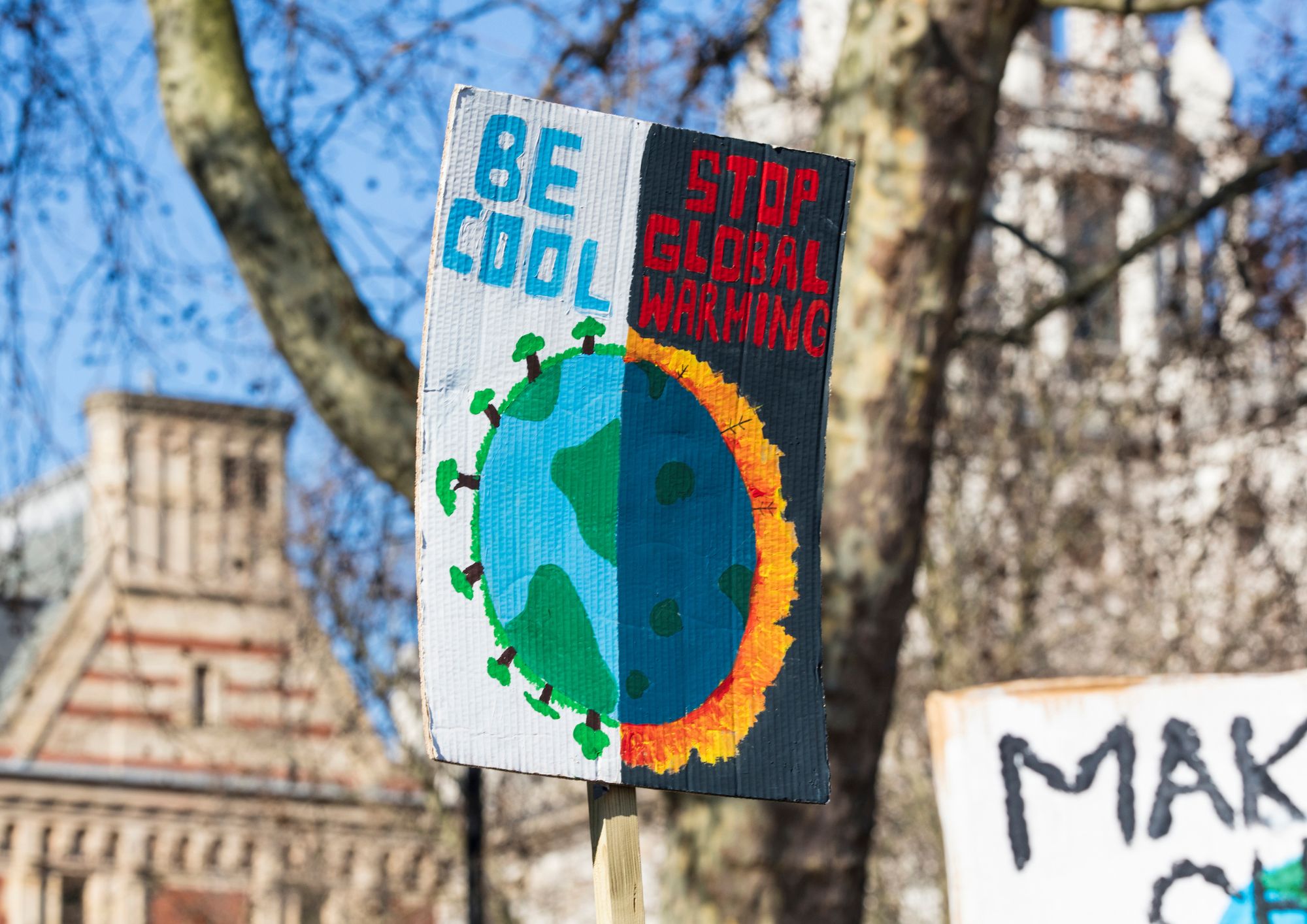“Reality Blindness” – W. van Dieren insights about lack of pragmatism and collaboration in Navigating the Climate Crisis.
In today’s age of heightened climate awareness, many people look to join or support enviromental movements. Growing in popularity and increasingly advocating for radical ideas are also movements calling for the abandonment of fossil fuels.
Dr Wouter van Dieren, founder of the environmental movement, a Club of Rome icon, and veteran environmentalist, recently pointed out he was asked to give a closing speech at Extinction Rebellion, but he will not do that and he is unsure about the effectiveness and strategies of such movements. He pointed out that: “Switch from oil, gas, and coal to electricity and hydrogen, and the world will be saved from doom. This idea is a mirage.”
Although Ecobal.eu, as a project dedicated to preserving nature in Europe, is naturally deeply interested in reducing CO2 emissions and promoting sustainability solutions, we value environmental pragmatism. Let’s take a closer look at the statement of this renowned activist.
Understanding our Carbon Footprint: A Historical Context
As Dr van Dieren puts it, to understand our future actions, it’s imperative to understand our past. Initiatives like the “Grüne Punkt” in Germany and the “Green Consumer Guide” in England from the 1970s to 1980s mark the first major steps toward consumer-level environmental consciousness. Yet the understanding of green behavior was limited, and fossil fuels became the subsequent focus.
The World Economy as a Combustion Engine
Fossil fuels powered the world’s entry into modernity, bringing unparalleled prosperity. They eliminated hunger, reduced poverty, and created a global interconnected system. Van Dieren rightly points out that the entire world economy is a combustion engine. From the advent of James Watt’s innovations in 1763 to the contemporary era, our prosperity and modern lifestyle heavily relied on fossil fuel infrastructure, and it’s all interconnected in a unified way like a combustion engine.
According to Wouter van Dieren the prevailing notion that a transition from traditional sources like oil, gas, and coal to alternatives like electricity and hydrogen would safeguard our planet from further harm, is a mirage and overlooks the intricate nature of our global economy. Halting this colossal, fossil-fueled machine would demand exceedingly bold political moves. Plus, we also must acknowledge that a significant chunk, roughly 90%, of the global populace is only halfway through modernity, and they don’t expect a brake but an accelerator.
Should Fossil Fuel Industry be Banned?
Some are advocating for an outright FFI ban, suggesting this could significantly deter global warming. However, such statements obscure the complexity of the issue. The existing CO2 levels will remain unchanged, and strategies to mitigate these legacy emissions are either still in the pipeline or decades away from fruition. A clear, feasible blueprint to legally terminate the dependency on fossil fuels remains elusive.
Lastly, the assumption that our global mechanism could seamlessly transition to being powered by sustainable sources like hydrogen, wind, and solar is optimistic at best. The shift demands rare materials, some of which, despite geological availability, remain inaccessible due to economic or political barriers. As resources dwindle, extraction becomes not just more challenging but also significantly more energy-intensive and expensive.
Designated Motive: Collaboration Over Confrontation
It’s essential to approach the climate crisis with a spirit of collaboration rather than confrontation. Movements like the Extinction Rebellion play a crucial role in drawing attention to pressing environmental concerns, especially about the catastrophic impacts of climate change. Their presented solutions, as van Dieren mentions, lean towards extreme measures that might lead to conflict. Solutions must be sought in collaboration with various stakeholders, including governments, businesses, and communities.
As with any complex global issue, there’s no one-size-fits-all solution. Only by working together can we hope to address the multifaceted challenges of climate change effectively.
Navigating the Future with Knowledge and Innovation
As we confront the climate crisis, a twin emphasis on innovation and comprehensive knowledge is paramount. Humanity’s consistent ability to adapt and pioneer sustainable technologies offers a beacon of hope. With research spanning from carbon capture to green transportation, we see a horizon filled with potential solutions.
At Ecobal we believe that knowledge is power. The more consumers and businesses understand their environmental impact, the more empowered they are to make sustainable choices.
Modern activism, while crucial, must be rooted in historical, economic, and scientific insights to avoid “Reality Blindness.” In addressing the climate emergency, our collective response should not only be well-informed but should champion continued education, innovation, and cooperation among all stakeholders. By focusing on education and awareness, we can transition towards a more sustainable future where economic prosperity and environmental preservation coexist.

